In late August, the Jiangnan region remains humid and hot, a stark contrast to the dry heat of Xi'an. As someone from Chang'an (the ancient name for Xi'an), I still find it quite uncomfortable. I arrived in Wuxi on the evening of the 26th. Over three days, I visited three cities—Wuxi, Suzhou, and Shanghai—in a whirlwind of busyness, rushing from one place to the next. When busy, time seems to fly by; when waiting, it drags on endlessly. Could this be what I call the "Gu Ge Relativity"?
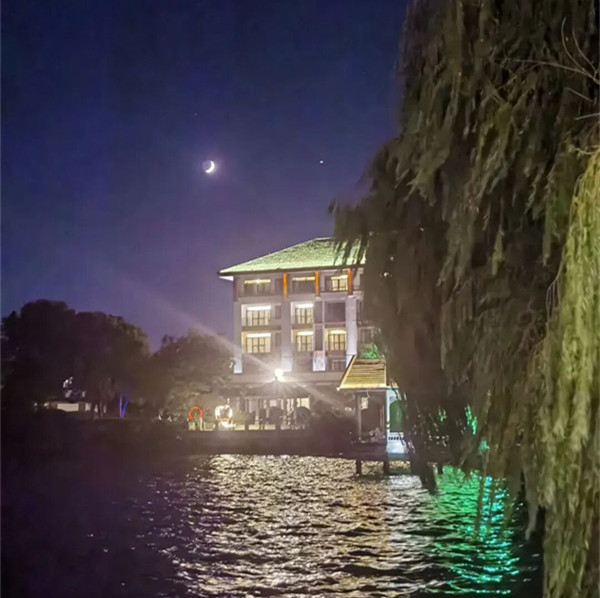
It seems that the meaning of life lies in being busy, for human beings are meant to "be move." The Chinese term "huó dòng"meaning "move" is rather interesting. What is the biggest difference between the living and the dead? Those who are alive can "move", while the dead cannot. Hence, the Chinese language has this easily understandable word "huó dòng"—linking "life" (huó) with "movement" (dòng).On the 27th, during breakfast at the Pullman Wuxi Hotel, I had a casual discussion with Mr. Feng from Shenzhen. I learned from his work experience at Huawei and gained insights into his views on cutting-edge technologies such as humanoid robots and their related sensors, including the future opportunities and challenges in their development. Our conversation lasted from 7:30 to 9:30, and it was a pleasant and rewarding exchange.
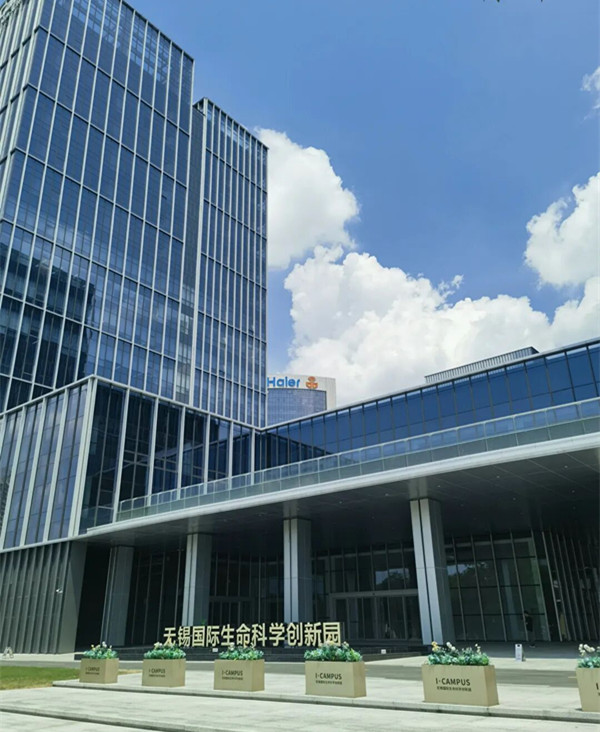
At 10:30, I took a taxi to the Wuxi R&D center of a well-known Japanese company. The Japanese general manager and three colleagues received me warmly. We explored the possibility of integrating the core technology modules of Chinastar M&C Co., Ltd.'s "iHelp" Mobile Personal Emergency Response System for the elderly into their new products, as well as the potential for joint R&D and sales of new products. I also learned that under the new situation, Japanese enterprises are beginning to break their traditional habit of forming close-knit groups and are gradually turning to the Chinese market for cost-effective sensors. In my (Gu Ge's) opinion, this marks progress for Japanese companies. Friends who have a basic understanding of Japanese enterprises know that their supply chains have always been internally circulatory and relatively closed-off.
After having lunch at the Japanese company, I arrived at the Wuxi Internet of Things Innovation Center at 14:00, where I met with General Manager Wang and Dr. Chen. I learned about the operation status of their MEMS 8-inch wafer production line. Given that so many MEMS production lines—including 6-inch, 8-inch, and even 12-inch lines—have been launched across the country, I must praise their work. MEMS production lines mainly manufacture various sensor wafers, including pressure sensors, temperature sensors, humidity sensors, acoustic sensors, acceleration sensors, gyroscopes, and also some electronic components like filters.
A few years ago, I (Gu Ge) already believed that China's MEMS production capacity was excessive. Many production lines lack sufficient orders but incur high costs, leading to losses. Meanwhile, some lines have plenty of orders but low unit prices, failing to achieve economies of scale and also operating at a loss. Sometimes I feel like I'm minding other people's business, worrying whether China's MEMS technology and industry will follow the "old path" of China's photovoltaic and new energy vehicle industries. It's like "worrying unnecessarily about things that don't concern me."
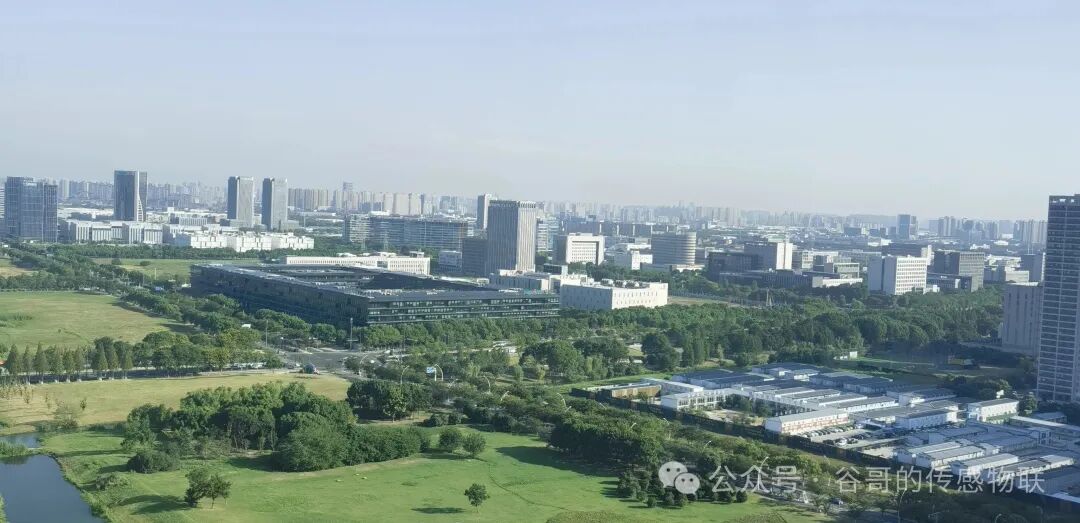
At around 17:00 in the afternoon, I took a taxi to the Tongli Lake Resort in Suzhou, the venue for the "2025 Annual Conference of the China Electronic Components Association." After checking in, I stayed at the Tongli Lake Hotel, where I ran into colleagues from the sensor industry who had come from Guangzhou in the lobby. We chatted further about the industry situation, and it felt like the overall development of the sensor industry this year has been uneven, with both positive and negative aspects.
The environment of the Tongli Lake Hotel is quite nice.
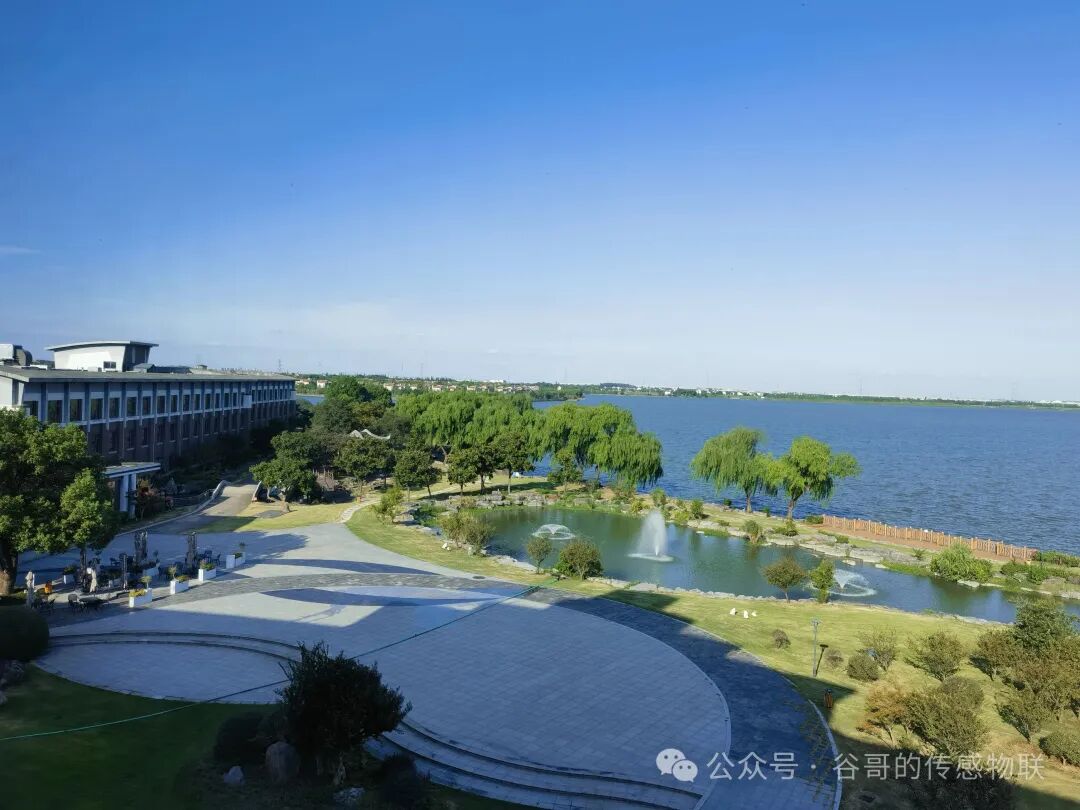
On the 28th, after breakfast, I traveled over 60 kilometers by car to a European enterprise. We have been supplying sensor products to them for over 10 years. The discussion with three of the client's leaders was thorough. Foreign enterprises in China also face intense "involution" and industry competition, which requires us to better meet customer needs in terms of both price and service. This visit made me more aware of the shortcomings in our services. Before leaving at 10:30, I sincerely invited the client to visit and provide guidance to Xi'an Chinastar M&C Co., Ltd. in October, along with their colleagues from Europe.
At 11:20, I arrived at the company of my friend Mr. Song in Xiangcheng District to visit him and exchange insights on the business conditions of our respective industries. Mr. Song's main business is gearboxes and gears; his company has a considerable reputation in China and also exports products overseas. They are currently preparing for an IPO, and I wish Mr. Song all the best.
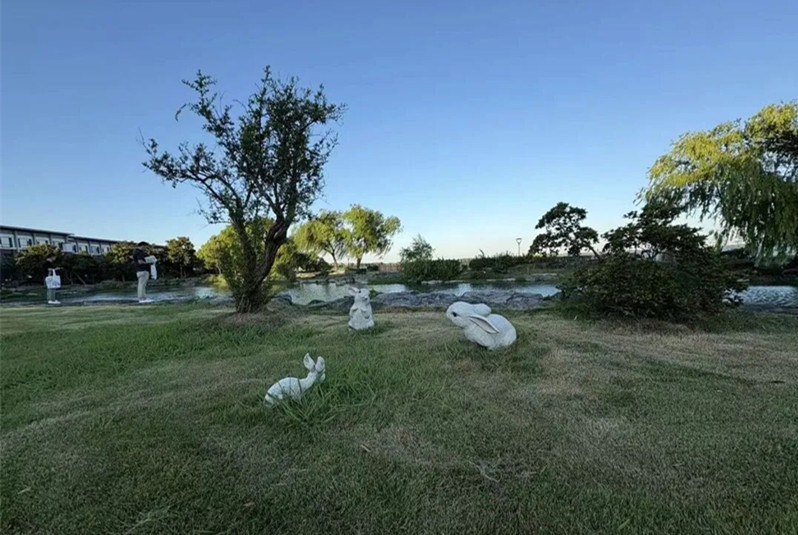
After lunch, I traveled another 60 kilometers by car and arrived at Wuxi Jiangyin Shenda Company around 15:00 to learn about their business related to laser etching and electroplating equipment. I was quite amazed when I learned that the minimum width of particles produced by laser engraving can reach 10 microns. Of course, I also couldn't help but sigh that most of the equipment is imported from abroad. Besides being used in metal laser board manufacturing, could such fine particles be applied in other fields?
After leaving Jiangyin, I took a taxi for over 100 minutes and arrived at the Tongli Lake Resort at 19:30 in the evening, just in time for the association's dinner. I chatted and relaxed with old and new friends from the Sensitive Components and Sensors Branch.
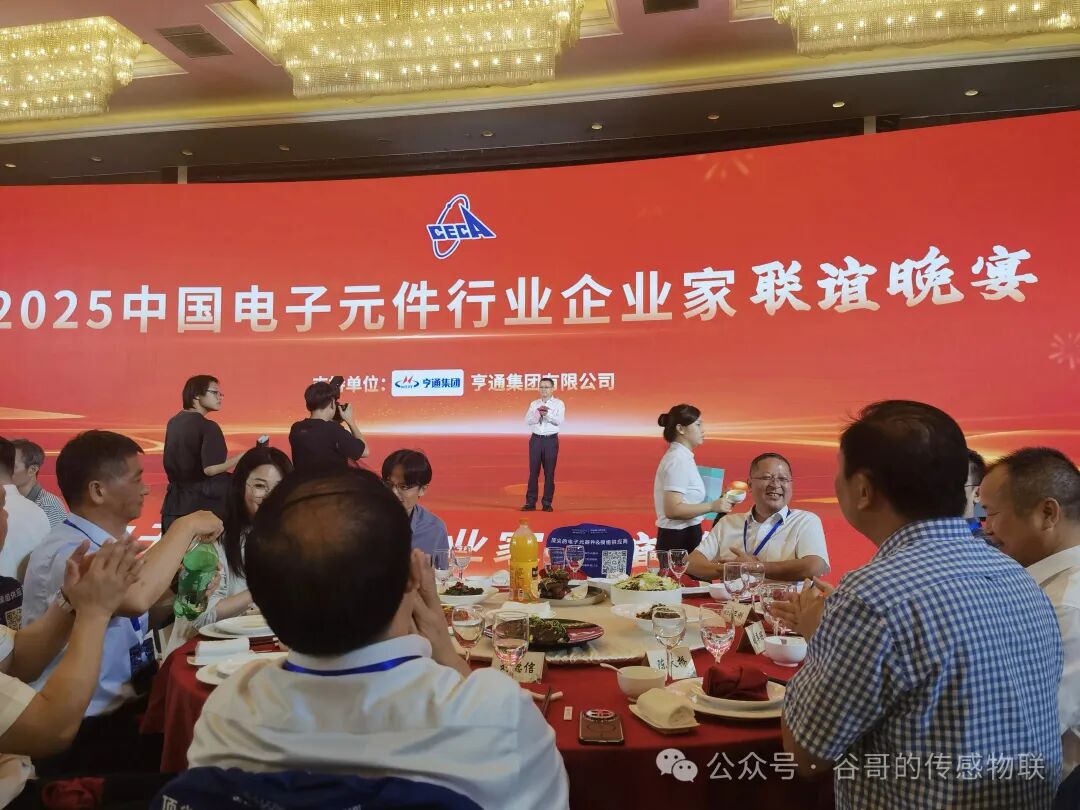
On the morning of the 29th, I got up at 6 o'clock. After breakfast, I took a taxi to Suzhou South Railway Station and boarded an intercity high-speed train, arriving at Shanghai Hongqiao Railway Station at 8 o'clock. At 9:15, I visited a foreign-brand company to check on the testing progress of Xi'an Chinastar M&C's sensors at their end, introduced the company's new products and applications, and expressed the hope of establishing a close cooperative partnership with the client to complement each other's advantages.
At 11:30, I traveled to a major state-owned enterprise client to gain a detailed understanding of their specific requirements for special certifications of sensor products, as well as their detailed demands for localization—including regulations on each specific material. After having lunch with the client, it was nearly 14:00, and I then rushed to Hongqiao Airport. I had also arranged to meet with a sensor enthusiast at Hongqiao Airport at 15:30 for an exchange.
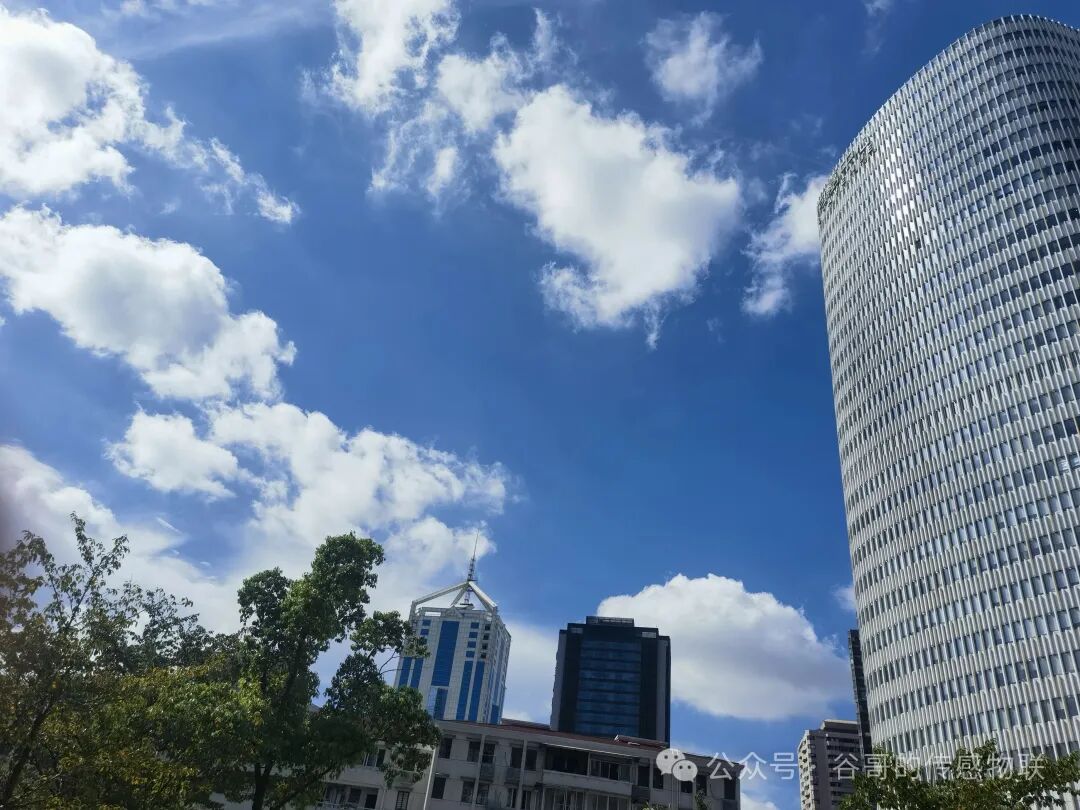
Netizens have put forward many constructive suggestions regarding our MCS pressure sensors, and particularly expressed many valuable aspirations for the promotion of China's original technologies. Chinese people are accustomed to the application of foreign technologies in China, and it is quite normal for them to have doubts and hesitations about China's original technologies. Nevertheless, we will definitely use facts to prove that China's original technologies are beyond doubt—admittedly, this will be a long process.
Three hasty days in Jiangnan, with a clear focus on serving clients.
I wonder how netizens will feel after reading this journal-style official account article?
#2025.08.29.17:45 MU2166 Shanghai Hongqiao~Xi'an#






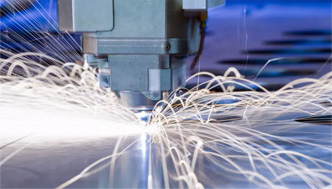
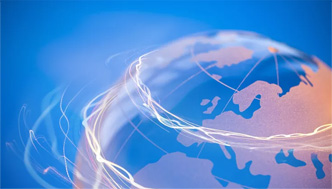



 Release Date:2025-09-01
Release Date:2025-09-01  Click on the quantity:424
Click on the quantity:424



